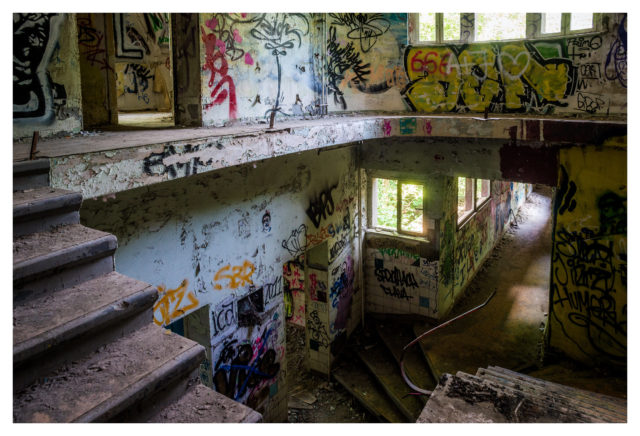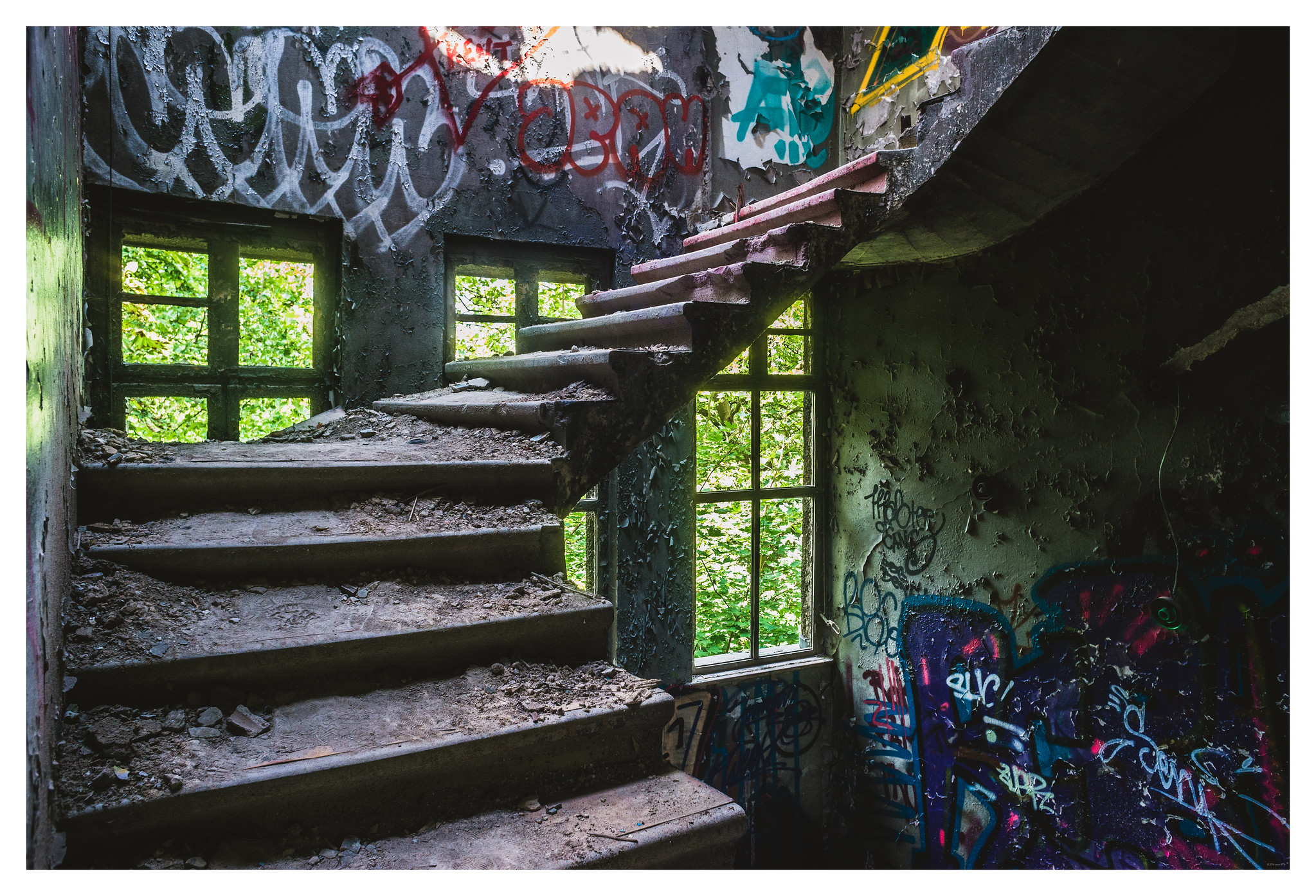Located in Berlin’s Weißensee district is a former children’s medical institution. This dilapidated structure now hides behind a small metal fence and entry is strictly prohibited as the property is state-owned. However, this doesn’t prevent it from being a popular destination for urban explorers, graffiti artists, and photographers.
At the end of the 19th century, the infant mortality rate in Berlin was increasing, so the Prussian government decided to build a children’s hospital. Planning took many years, culminating in 1908 when the architect Karl James Bühring was hired. He was known for many projects in Berlin and Leipzig.
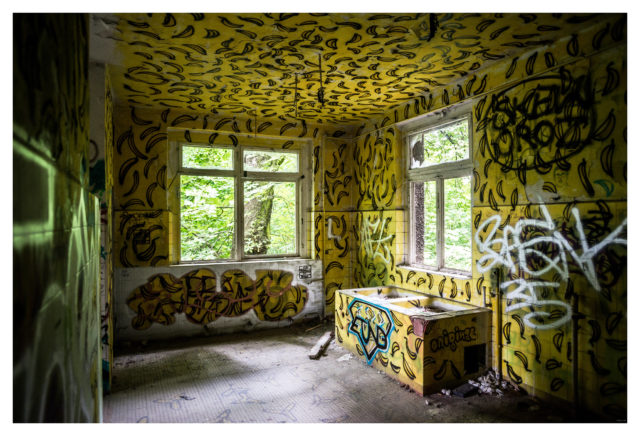
Bühring created a project based on a plot of land measuring 28,000 square meters (33,487 square yards), and construction of the hospital began in June 1909. When it was finished, the medical complex was huge and included a 2.8-hectare (6.9-acre) park.
Quite unusually, there was also a dairy farm onsite. The 36 cows there produced milk that was given to newborn patients and their mothers, and then any excess milk was sold to those in the surrounding neighborhood.
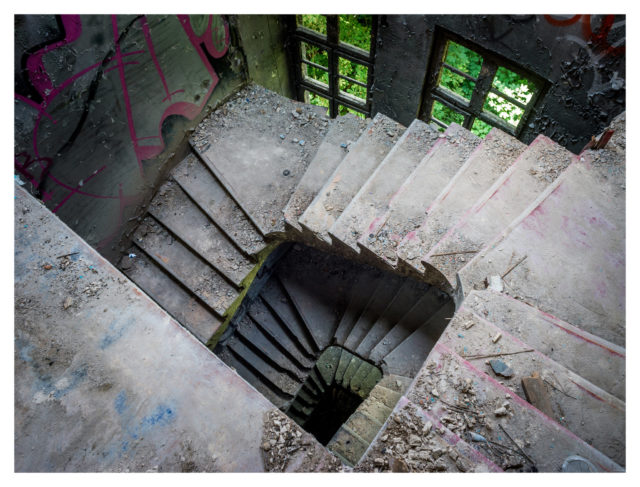
The Children’s Hospital was inaugurated in the summer of 1911. It was named The Säuglings- und Kinderkrankenhaus Preußens (The Children’s Hospital of Prussia) and became the first public children’s hospital in Prussia. It offered state-of-the-art medical care, and the Children’s Hospital became renowned for its modern treatments and technologies.
Upon opening, the hospital was able to accept 40 babies and infants as patients. As time went on and the complex was extended, the number of beds meant that it could accommodate a maximum of 100 patients. The hospital even hosted the Third International Congress for the Study and Prevention of Infant Mortality in September 1911.
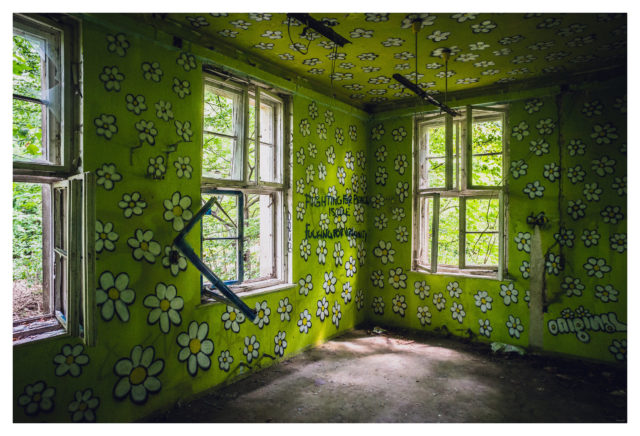
The medical facility remained open during both World Wars and the Cold War. As recently as 1987, the building was expanded when a new wing was added. However, ten years later, in January 1997, the local government decided the hospital had to close. This was due to a decline in the population as well as financial considerations.
Around that time, the hospital building was listed as a protected monument under Denkmalschutz. However, this didn’t prevent the sale of the land to a Russian investor and a medical cooperative in 2005.
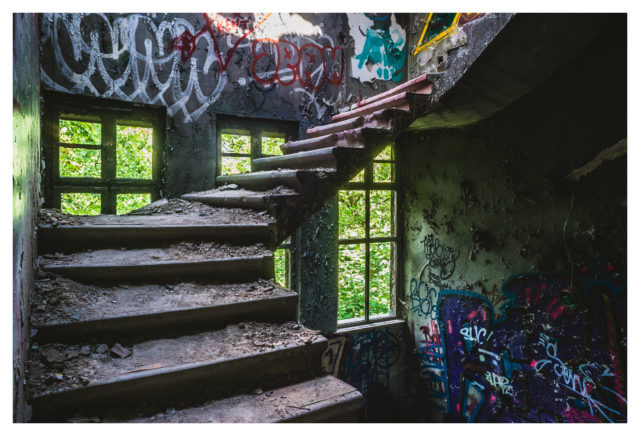
The investor stated that its main goal was to convert the complex into a treatment center for cancer and AIDS. However, the new owner took no steps to implement these plans. Rumors abounded that the company was a sham, claiming that it had treatments involving radio waves that could actually cure cancer and AIDS.
However, the evidence to back up this claim was not forthcoming, and proceedings started in local courts against the Russian company. After many legal proceedings, a hefty fine was imposed on the owner, and the Russian company was also stripped of ownership.
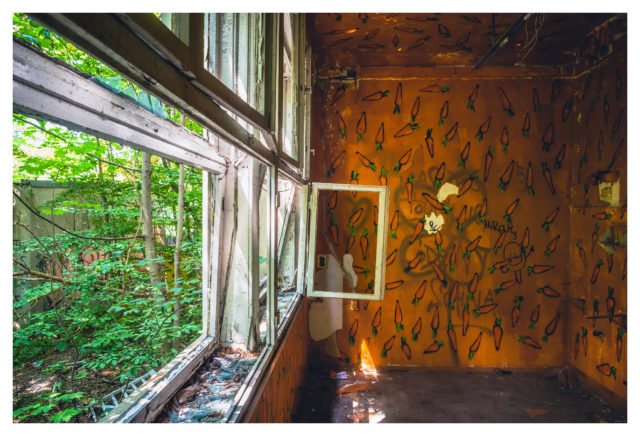
Initially, in 2015, ownership passed to the German state. Three years later, the building became the property of the German state-owned company Berliner Immobilienmanagement GmbH. Since then, the former children’s hospital has been surrounded by a metal fence in an attempt to deter vandalism.
During its time of abandonment, the building fell into even greater decay. It became a popular spot for arsonists, earning itself the label of the most arson-attacked building in Berlin after it suffered 17 fires in 2013 and 15 fires in 2015.
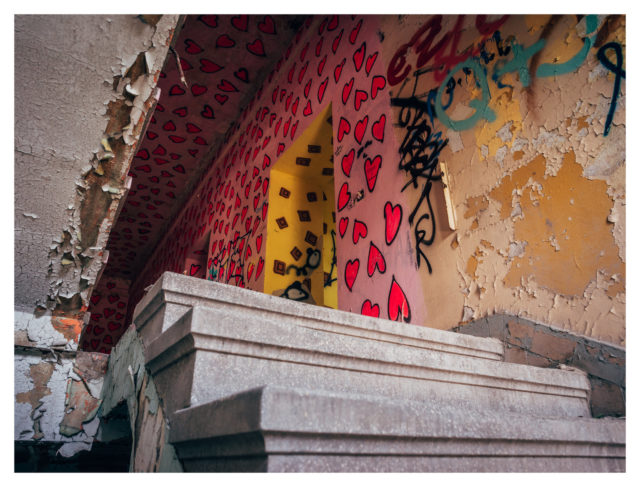
The Children’s Hospital stands decaying and forgotten, while modern apartment buildings rise up around it. When it was transferred to the state, there were suggestions that it, too, would be repurposed into living accommodation, but the only people to sleep there now are the homeless.
Yet even in its derelict state, the building still attracts curious urban explorers. People have commented in forums that they’ve visited as recently as October 2020, when access was possible but warned that they met builders maintaining the fence, the police, and some homeless people.
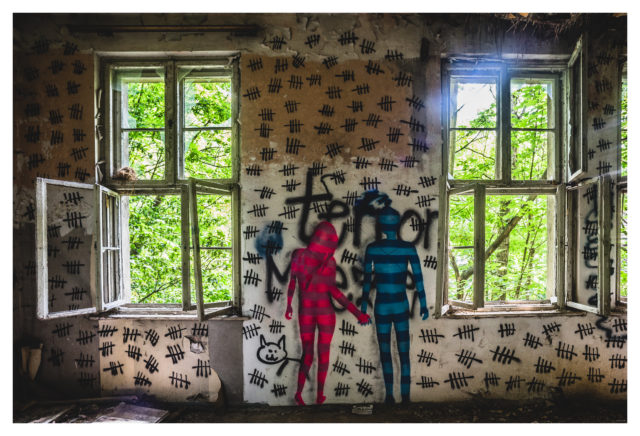
Anyone who wishes to visit should take great care as the buildings are in a terrible state and many of the roofs are close to collapse. In addition, explorers have commented on how they felt intimidated and at risk by the squatters they found, so going in daylight with a party rather than alone is highly recommended by those who’ve visited previously.
A big thank you to Johan van Elk for giving us his permission to share photos of this abandoned children’s hospital. Johan got a chance to enter the building while it was accessible. Check his Flickr account where he publishes his photography.
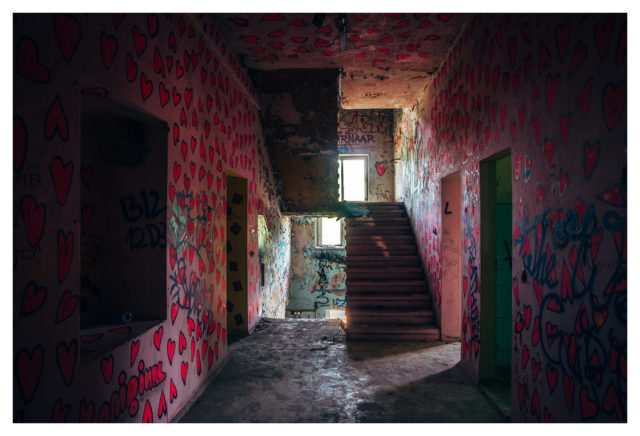
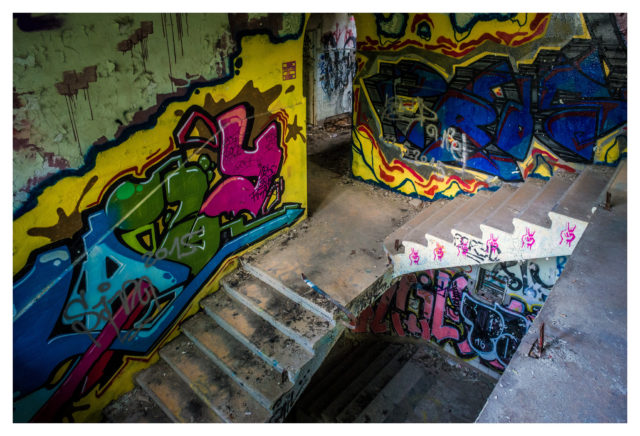
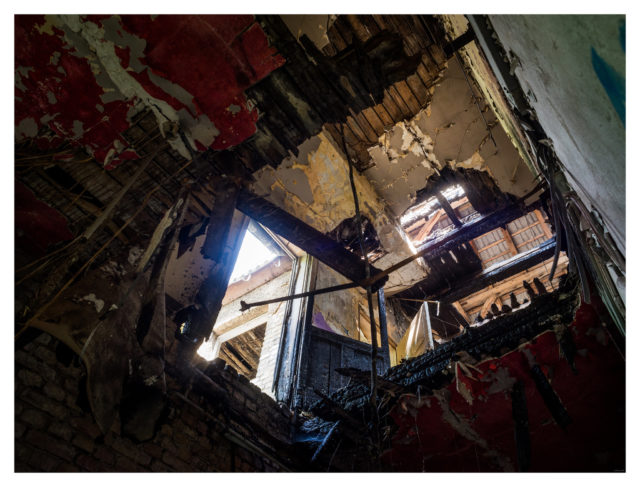
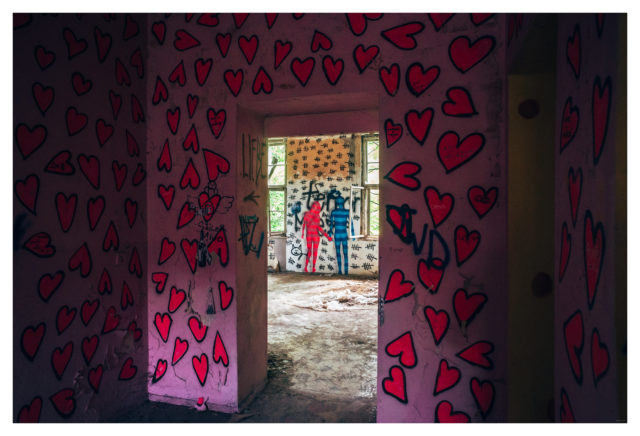
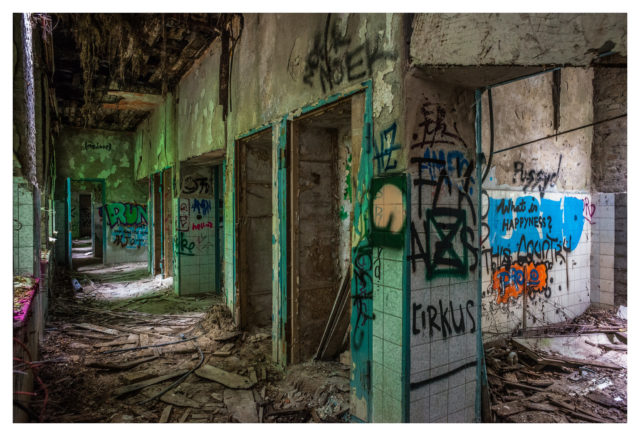
Another Article From Us: Tököl WWII Airbase, Hungary
